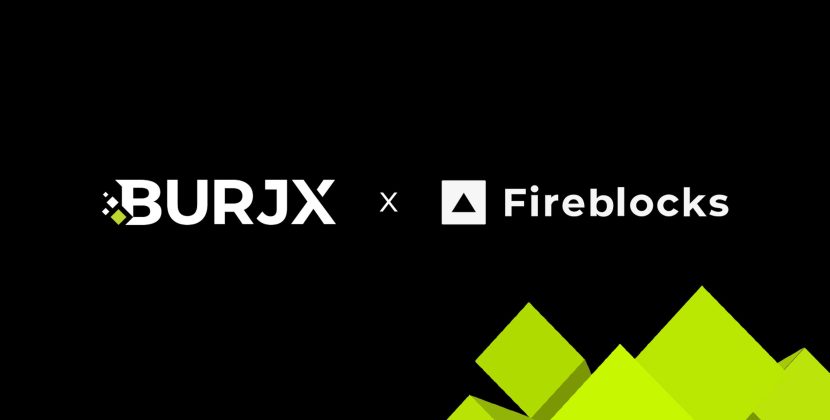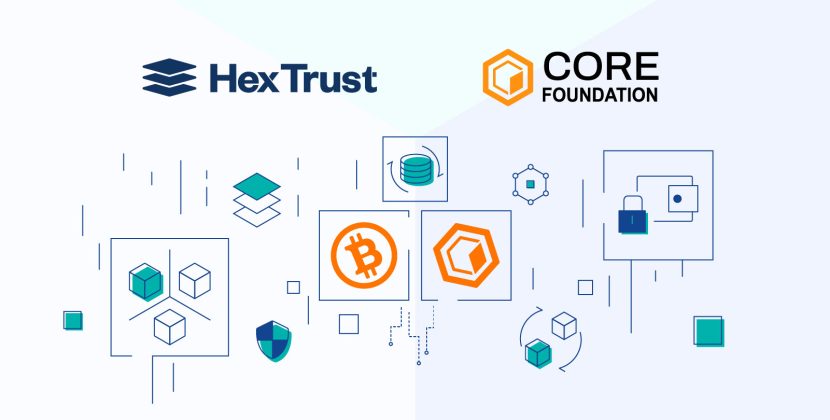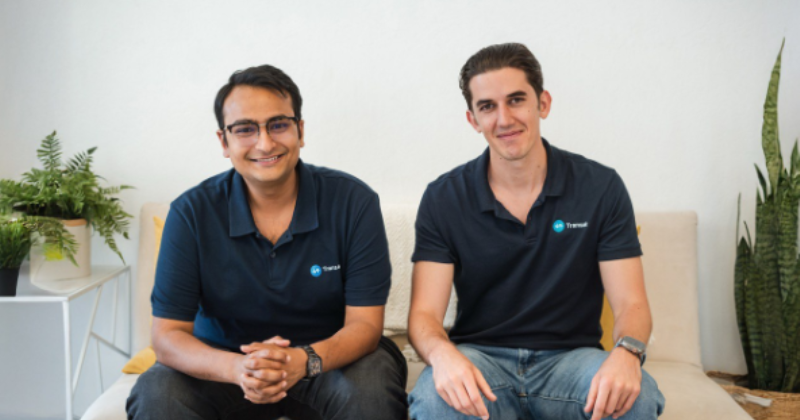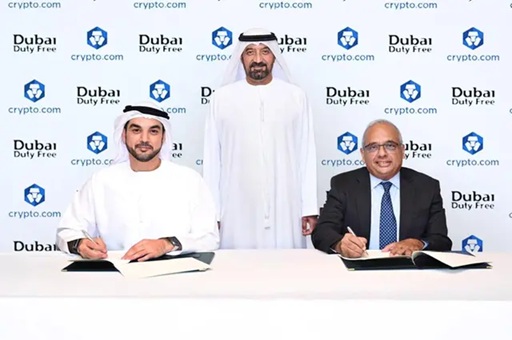
A new crypto court decision has come out from the Dubai Court of First, that return of crypto can be either given exactly in the amounts of crypto or in their equivalent value in cash.
In Case No. 1872/2024, the Dubai court ordered the return of specific cryptocurrency assets, namely 29 Bitcoins and 102 Ethereum, or alternatively, their cash equivalent based on market value at the time of enforcement, not at the time of breach or filing.
The case in question was a private investment arrangement between two individuals involving monthly returns on a digital asset portfolio.
Ali Dakhlallah, Amjad Ramadan, and Omar Kawis of Habib Al Mulla & Partners wrote in an article that the Defendant had induced our client to invest 29 Bitcoins and 102 Ethereum into a purported scheme offering a 2% fixed return, with the principal sum “guaranteed”. Profits exceeding that threshold were to be retained by the Defendant as consideration for their services. Critically, the agreement afforded our client the right to redeem the investment at will; an option he duly exercised.
The Defendant, however, defaulted.
The investor (plaintiff) transferred the above cryptocurrencies to the defendant under a promise of a 2% monthly return, with the capital fully guaranteed. Communication between the parties was conducted via WhatsApp, with regular updates and payments made through digital wallets.
However, the defendant abruptly ceased payments and failed to return the assets. When proceedings were initiated in early 2024, the value of the assets had climbed from AED 8 million to AED 11 million—prompting the claimant to request return of the crypto in kind.
On reviewing the case the court accepted WhatsApp correspondence and wallet transfer records as valid proof of the contractual relationship and obligations. It ruled that the agreement was enforceable despite its informal nature and digital context, further affirming that digital assets like Bitcoin and Ethereum are recoverable under UAE civil law.
Crucially, the judgment allows for specific performance, requiring the return of the exact same assets, not merely their value at the time of filing. But if the defendant is unable or unwilling to return the cryptocurrencies, the judgment permits compensation equivalent to the market value at the time of enforcement.
This is not the first case that the Dubai Court of First has dealt with when it comes to digital currencies. In 2024 Dubai Court of First Instance ruled recognizing the payment of salaries in cryptocurrency under employment contracts. The decision was made in reference to case number 1739 of 2024.
According to Mahmoud Abuwasel from law firm Wasel & Wasel, “This decision, rendered in case number 1739 of 2024 (Labour), represents a notable departure from a previous judgment by the same court in 2023, where a similar claim involving cryptocurrency was denied due to the employee’s failure to provide a precise valuation of the digital currency.”

















